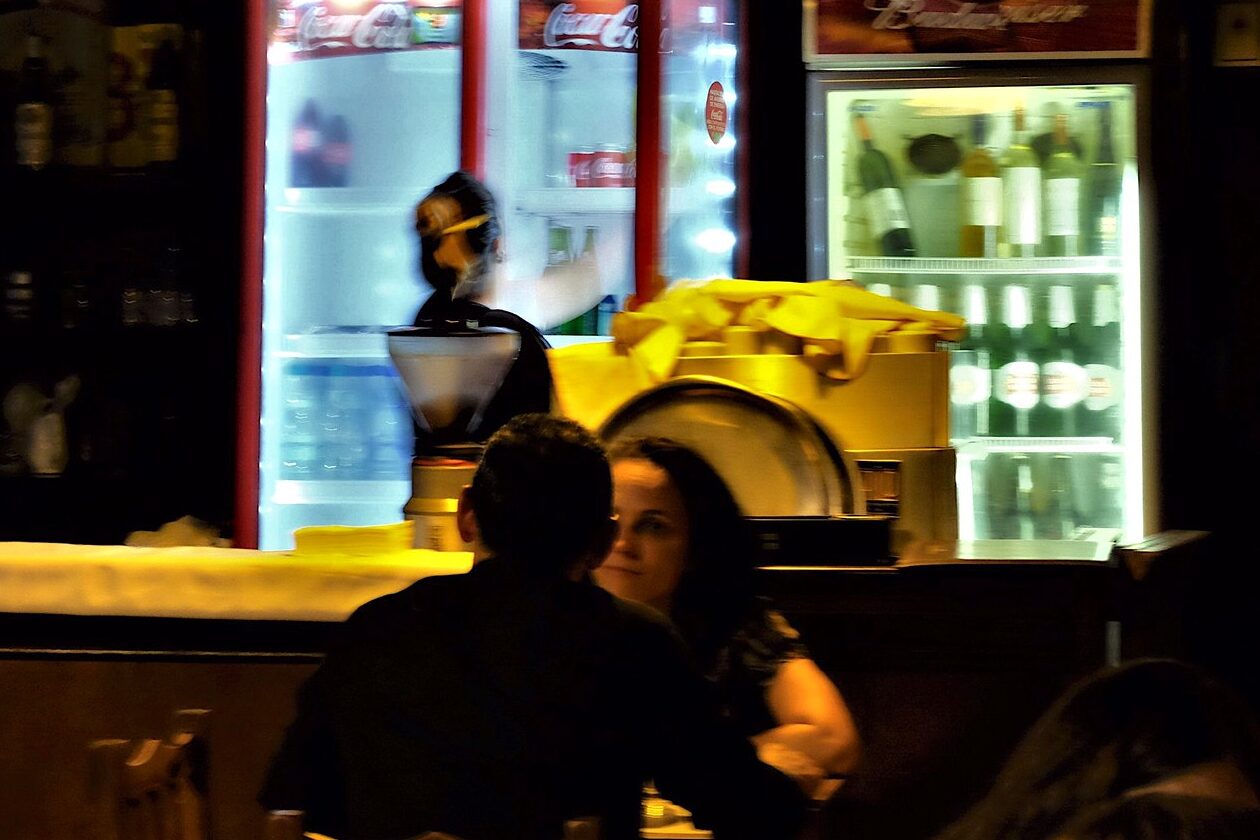We admit it: Argentines are a passionate, energetic society that is always moving forward. However, sometimes we can lose our temper, just like anyone else in the world. So, what happens when you, as a foreigner, have a misunderstanding with an Argentine in Buenos Aires?
When two different cultures come into contact, a lack of understanding, cultural codes, and even language barriers can cause misunderstandings. In most cases, you can resolve them with a simple “excuse me,” “sorry,” or “disculpas.” But in other cases, you’ll need to rely not only on your diplomacy but also on your status as a foreigner to diffuse any potential conflict.
Here are some tips to avoid conflicts and misunderstandings. They can even help you get out of trouble if you are unlucky enough (very unlucky, because it is neither a rule nor a habit in Buenos Aires) to find yourself in a conflict.
How to avoid conflicts in Buenos Aires if you are a foreigner?
1. Avoid intervening in third-party problems
The most important recommendation to save yourself from conflicts and misunderstandings in Buenos Aires is not to intervene in fights or arguments between third parties.
Generally, foreigners do not have the habit of getting involved in other people’s conflicts, especially if it’s between locals. It should be noted that Argentines, due to their mentality and way of being, are prone to acting as mediators.
However, you never know the reason for the dispute or what reactions might come from any of the participants.
Therefore, restrain your mediation and peacemaking instincts to avoid being part of conflicts in Buenos Aires.
2. Always clarify that you are a foreigner
If you are involved in a conflict, whether it is a misunderstanding or a disagreement, we recommend declaring your status as a foreigner.
Sometimes, it’s not a matter of intention that leads you into conflict, but rather a cultural contradiction or a lack of understanding between different languages. Therefore, clarifying that you are a foreigner is a simple and quick escape route.
Most likely, after you declare your foreign status, the conflict will weaken substantially. While you may encounter a minority of Argentines who see problems where there are none, most of us living in Buenos Aires seek to resolve misunderstandings as quickly as possible, especially if you are a foreigner getting to know the city.

3. It’s never too late to apologize
“Perdón,” “Disculpas,” “Sepa disculparme,” or simply in your native language: apologizing is always a good way to defuse a conflict or a possible misunderstanding.
Most of the time, misunderstandings between locals and foreigners occur simply because of a lack of understanding or a misinterpretation. Although the average Argentine has a good level of English and you may know Spanish, there are habits, vocabulary, and terms that often do not appear in any dictionary or reference manual.
In either case, the lack of knowledge of these implicit communication codes unique to each language can lead to misunderstandings.
For these situations, you can always resort to apologizing, whether for a misinterpretation, an inconvenience you think you may have caused the other person, or simply to avoid any doubt.
4. Avoid dangerous neighborhoods
Conflicts between foreigners and locals are very rare in Argentina. So, in that respect, you can feel at ease. However, Buenos Aires is not uniform in its education and population across the territory.
What do we mean? Lack of education and marginalization often manifest in the form of conflicts (some violent) when you approach dangerous areas of Buenos Aires. These areas are usually precarious or emergency settlements located on the outskirts of the city, especially in the south and west of Buenos Aires.
In principle, no foreigner will intend to clear their doubts by visiting these dangerous areas. However, in neighborhoods near these areas, such as La Boca and San Telmo, marginalization can appear in the form of conflicts: people asking for money, street vendors, vagabonds, and people with certain types of mental imbalance.
Although the chances of a conflict related to dangerous areas and crimes are very low, we remind you that you should not walk through these areas under any circumstances. And, in any case, avoid any contact.
5. Avoid eye contact with vendors and vagabonds
In line with the above, we recommend that you do not make eye contact with street vendors and vagabonds on the streets of Buenos Aires. Even if you are not in a neighborhood near dangerous areas of the city, an isolated incident with such people can happen to you even in an exclusive neighborhood like Recoleta.
If you are unfortunate enough to encounter a street vendor or a vagabond, avoid any conflict by following these steps:
- Do not engage in conversation or make eye contact.
- Do not stop walking.
- Do not act aggressively or fearfully.
- Simply say “thank you” or “gracias.”
In Buenos Aires, we have had cases of foreigners who have been victims of such people, who take advantage of the travelers’ good faith to steal their belongings or money.
To avoid any conflict, no matter how minimal the possibility, reduce to zero the eye contact with vagabonds and street vendors in Buenos Aires.
(Featured Image Source: TEDx RíodelaPlata/flickr.com)


